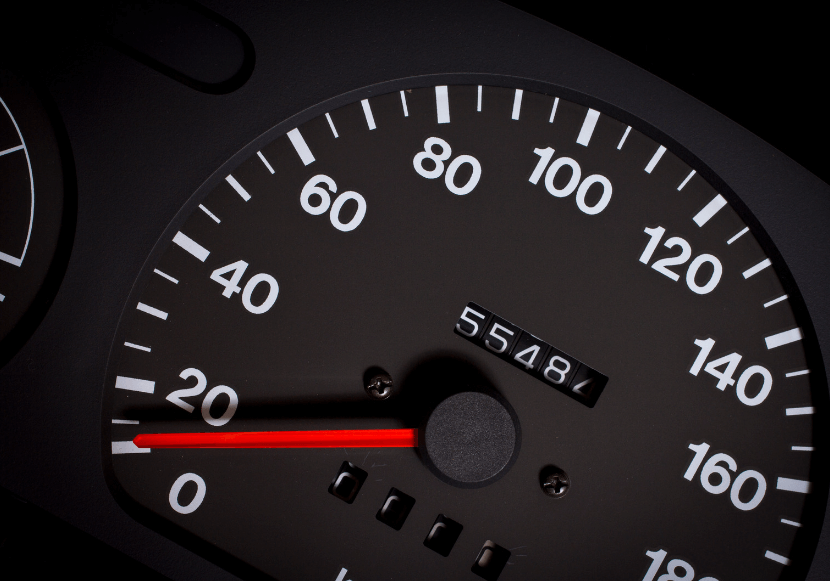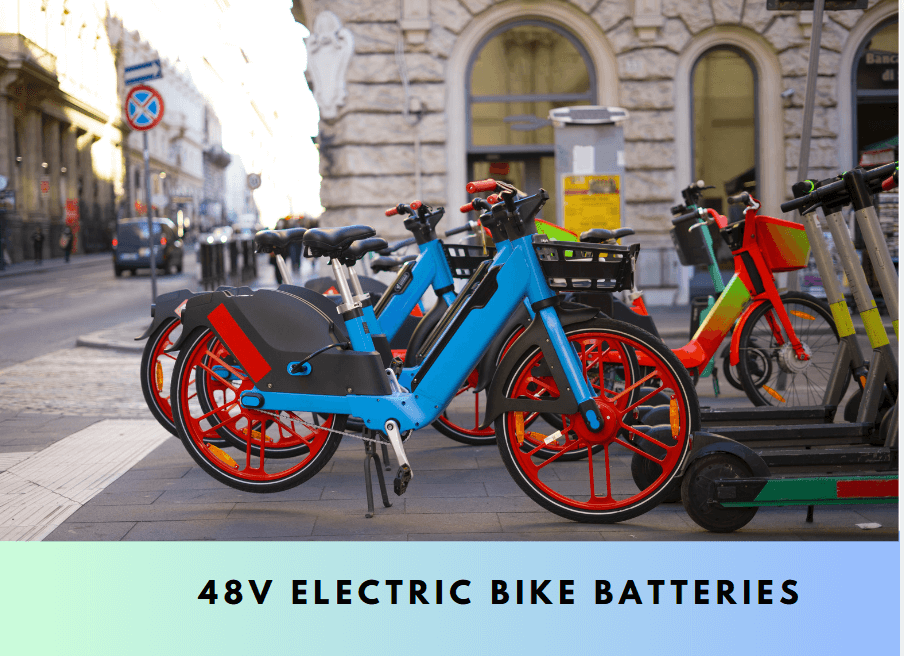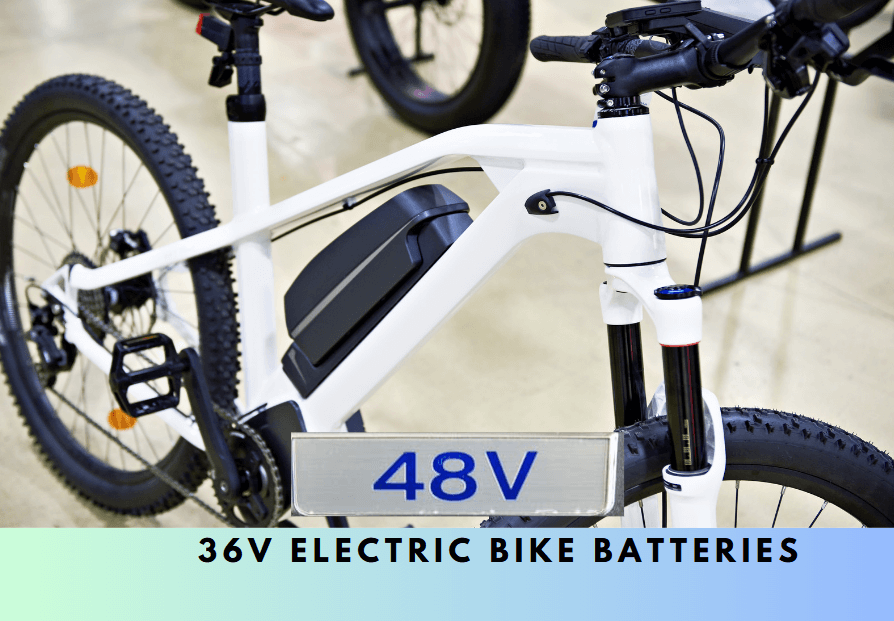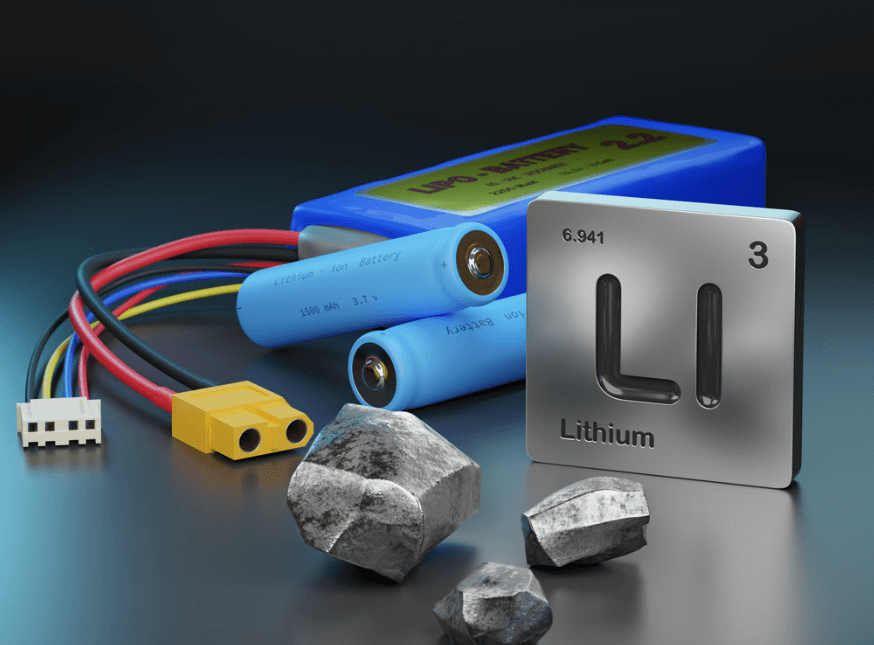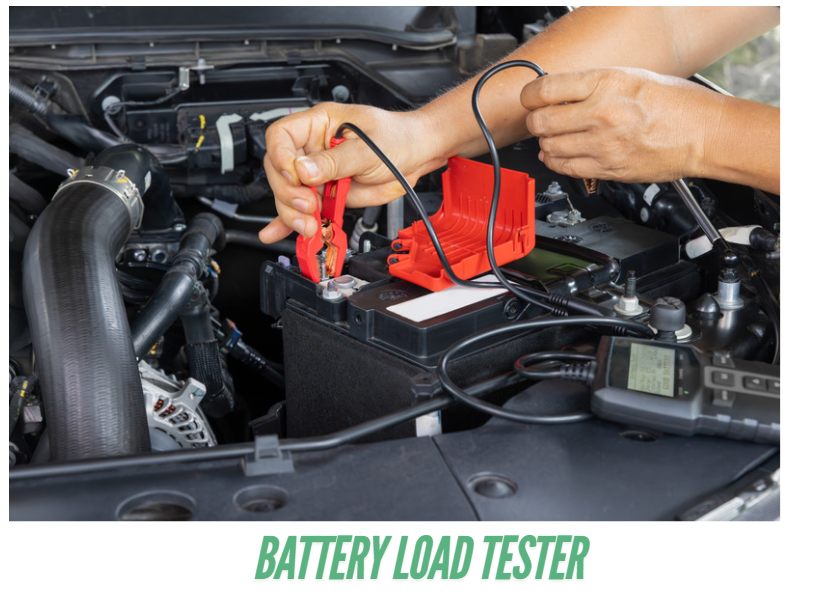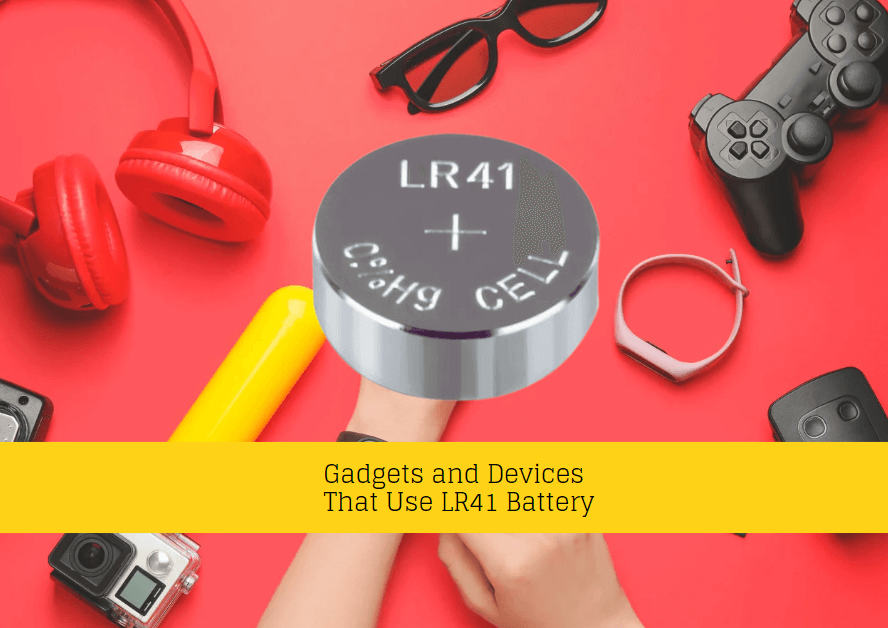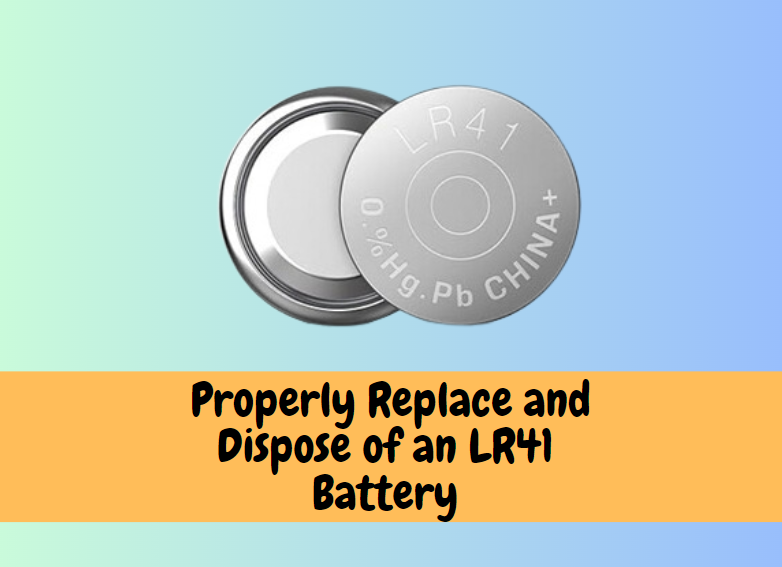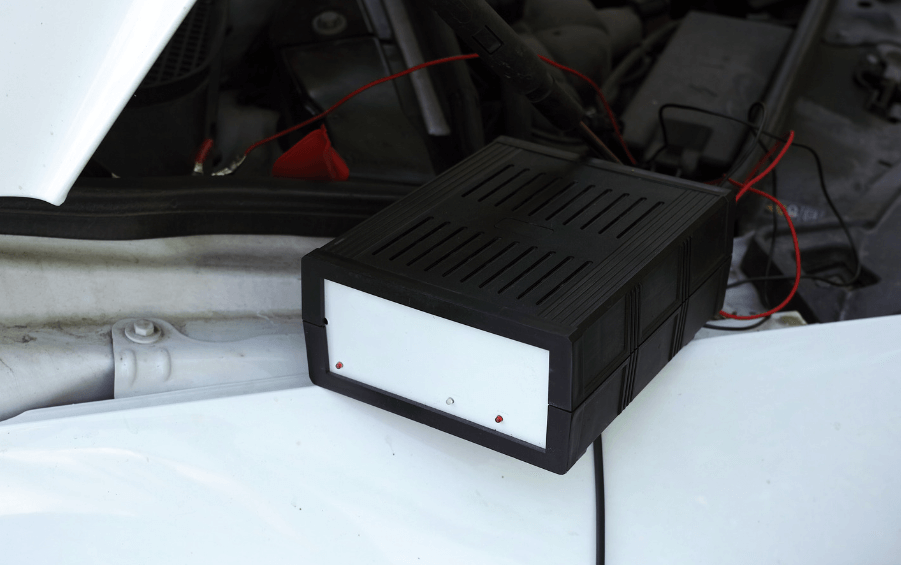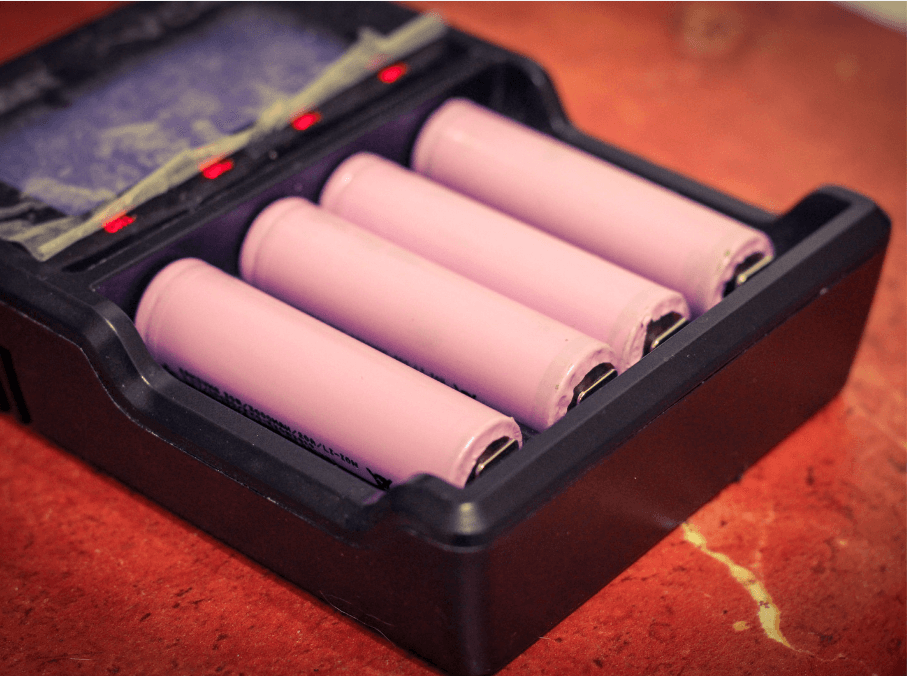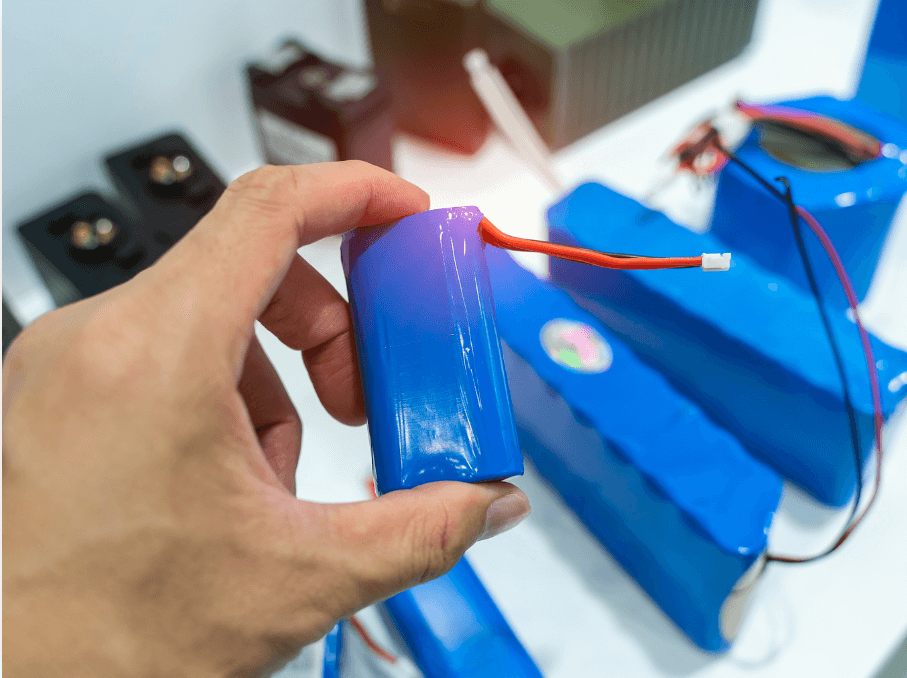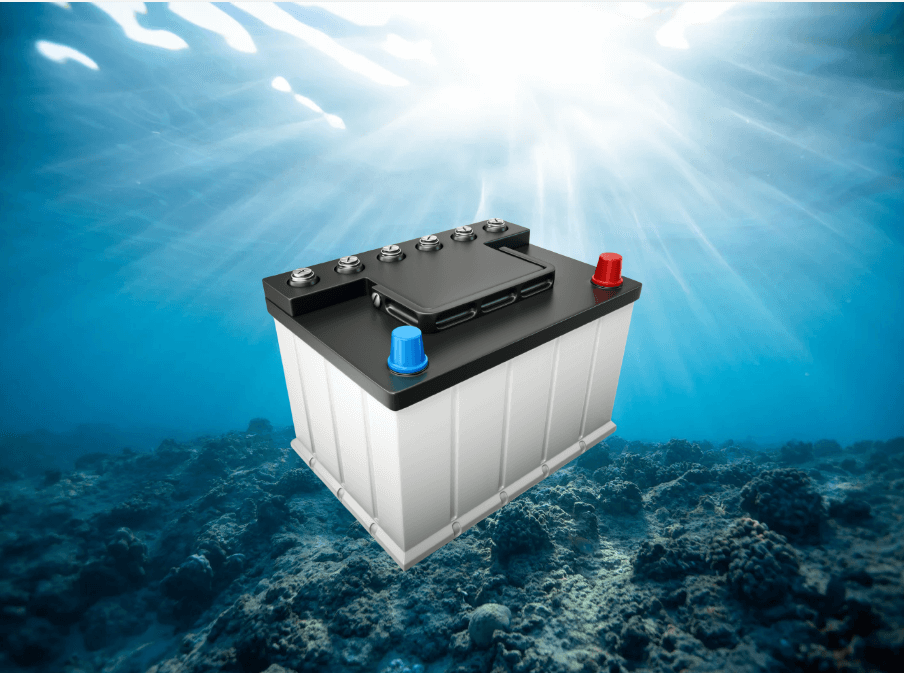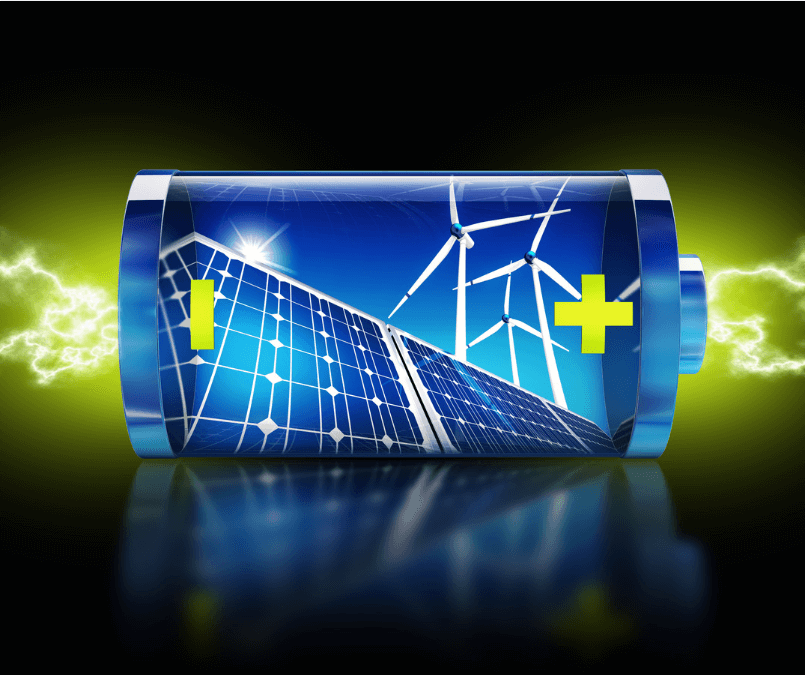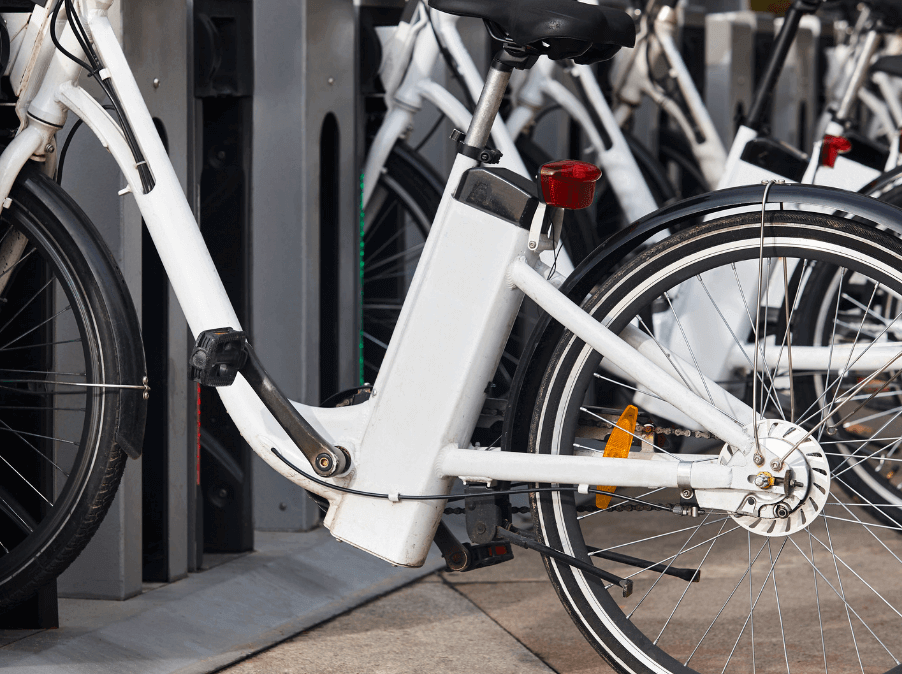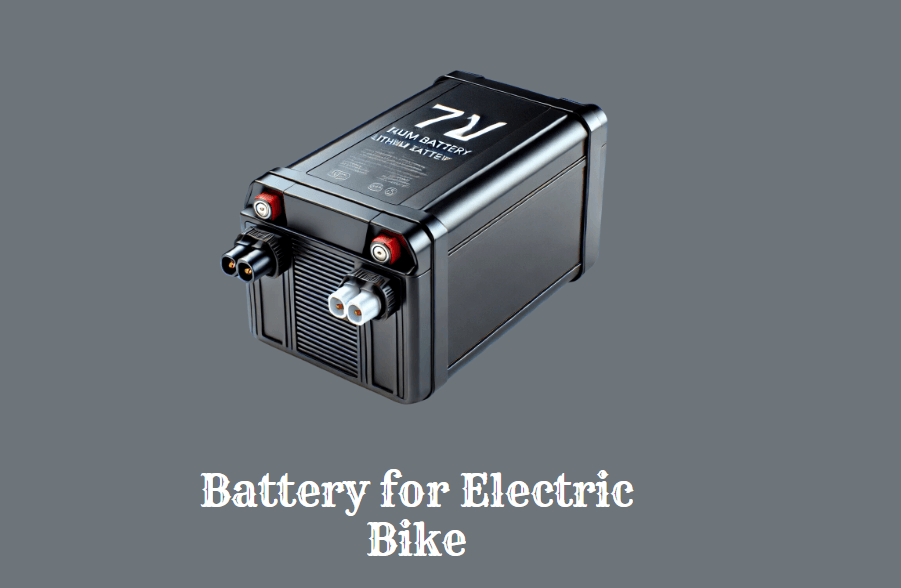
A 72V battery refers to a battery pack that delivers a nominal voltage of 72 volts. In the context of electric bikes, higher voltage batteries, such as 72V, are associated with increased power output, enabling higher speeds and better performance on challenging terrain.
This makes it particularly attractive to riders seeking increased acceleration and the ability to tackle steep inclines with ease. So let us discuss with you the pros and cons of 72V batteries for electric bikes, their pricing, warranty considerations and purchase options.
72V Battery Type: Choosing the Right One
There are different types of 72V batteries on the market, each with different characteristics. Check out what you should consider when you choose a 72V battery and choose the right one for you:
Lithium-ion batteries: Lithium-ion (Li-ion) batteries are the most popular choice due to their high energy density, light weight and durability. They are ideal for e-bikes as they offer a good balance between performance and lifespan, with many packs rated for over 1,000 charge cycles.
Lithium Iron Phosphate (LiFePO4) Battery: LiFePO4 battery is a subtype of lithium battery, known for stability and safety. They are less prone to overheating and offer longer lifespans, often exceeding 2,000 cycles. However, they tend to be slightly heavier and more expensive than normal Li-ion batteries.
Lead-acid batteries: Although much cheaper, lead-acid batteries are not ideal for e-bikes due to their high weight and short lifespan. A 72V lead-acid battery will add significant weight to an e-bike, making it less efficient and harder to handle. They are generally only recommended for cost-conscious buyers or those with low-performance needs.
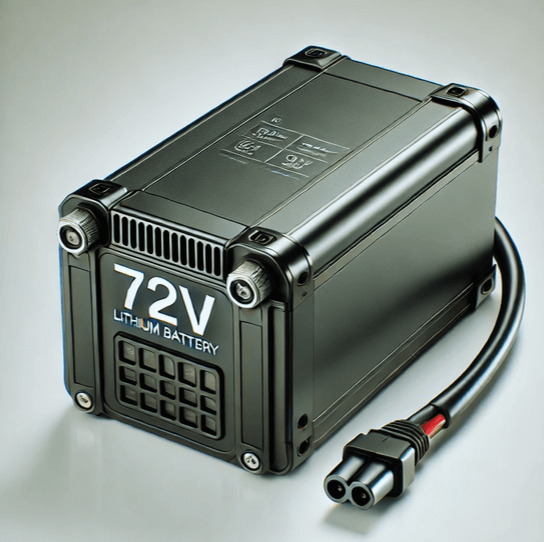
72v battery is the best benefits for electric bike
A 72V battery typically provides more power to the motor, allowing for faster speeds and faster acceleration. It is especially useful for riders who have to travel up hills or cover fast distances. So let’s say one of the advantages of your 72v battery is higher speed and acceleration.
Another advantage is improved efficiency, as higher voltage systems are generally more efficient, meaning less energy is wasted as heat. This can lead to a slightly longer range per charge than a lower-voltage system, especially at higher power levels.
Better torque, for off-road or hill climbing, a 72V battery can provide better torque, making it easier to tackle steep turns and rough terrain without overstressing the motor.
Reduced current for the same power output, with higher voltage, you can achieve the same power output with less current, reducing the stress on the motor and wiring. This can lead to better durability for your electric bike components.
Extended battery life at low speeds Since the motor can reach the desired power level with less strain, it can increase the overall life of both the motor and the battery when used at moderate speeds.
In addition to this special benefit, you will get several other benefits in 72v battery. Note that before upgrading to a 72V battery, make sure your bike’s motor and controller are compatible with this voltage, as some components can safely handle the increased power output no.
The 72v battery has some disadvantages
The common problem is high cost, 72V batteries are generally more expensive than lower-voltage alternatives, both for the battery itself and for the necessary compatible components (such as controllers and motors).
Besides the increased weight and size, high voltage batteries are often large and bulky, which can affect handling and make the bike more cumbersome to maneuver. This can make the bike maneuverability and transport easier.
More stress on components, high voltage can put more stress on motors, controllers, cables and other components. If they are not rated for 72V, they may overheat or degrade quickly, leading to increased maintenance and repair costs.
Risk of overheating, increased voltage levels can generate more heat, especially if you ride at high speeds or climb hills. It may overheat if the motor, controller or battery does not have adequate cooling features.
Compatibility issues, many e-bike motors and controllers are designed for lower voltages, such as 48V or 52V. If your system is not specifically designed for 72V, it may cause performance problems, damage or safety hazards.
Reduced performance at low speeds At low speeds, a high-voltage battery such as a 72V system may not be as efficient as lower-voltage options, which can affect your range in low-speed riding conditions.
Regulatory concerns: Depending on local laws, a higher voltage and increased speed capability may push your e-bike into a different vehicle classification, requiring licensing, insurance or other legal considerations.
So it can be said that anything has its pros and cons but you consider all sides. However we say a 72V battery could be a good option for performance-focused riders.
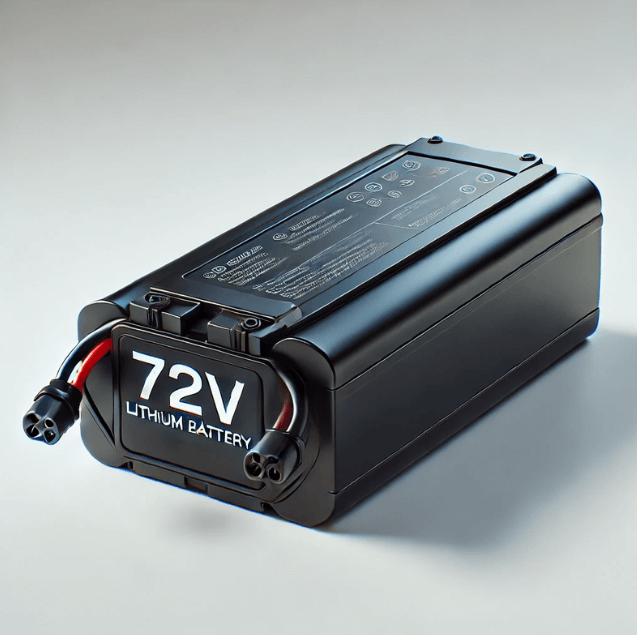
Best 72v battery for electric bike
When selecting a 72V battery for your electric bike, it is essential to consider factors such as capacity, discharge rate, build quality and warranty to ensure optimal performance and longevity. We are talking about the top 3 top-rated 72V batteries here.
1. Titan 72 Max – 51Ah E Ride Pro Battery by ChiBatterySystems
Specifications:
Voltage: 72V
Capacity: 51Ah
Continuous power: 30kW (43kW peak)
Continuous Discharge: 420 Amps (540 Amps Max)
Made with Grade A 21700 Molicel cells
Equipped with a smart battery management system (BMS) and custom PCB
Includes overcharge protection
Price: $3,999.00
Warranty: Usually includes a manufacturer’s warranty; Specific details should be confirmed with the retailer.
Note : This battery is designed for high-power electric bikes, providing enough power and durability.
2. 72V lithium-ion battery by Redway Power
Specifications:
Voltage: 72V
Capacity: Options available; Specific ah not mentioned
High discharge rate for improved performance
Lightweight design for better handling
Built-in protection features to prevent overcharging and overheating
Price: Varies based on capacity and specifications; Contact Redway Power for detailed pricing.
Warranty: Manufacturer’s warranty details should be confirmed directly with Redway Power.
Note: Redway Power offers customizable battery solutions to suit specific e-bike requirements.
3. 72V Lithium Li-ion eBike Battery Pack by eBike Motor Kit
Specifications:
Voltage: 72V
Capacity: 26.1Ah to 51.2Ah
Supports motors from 2000W to 12000W
Fast charging capability (about 10 hours) with a 5A charger
Durability with more than 1500 charge and discharge cycles
Price: Price varies based on capacity; Contact Ebike Motor Kit for specific pricing.
Warranty: Manufacturer’s warranty details should be confirmed directly with the ebike motor kit.
Note: These battery packs are designed for extended range and power, perfect for a variety of e-bike applications.
How do I charge a 72V battery?
Use a dedicated 72V charger that matches your battery chemistry (lithium-ion, LiFePO4, etc.) and has the appropriate current rating. Overcharging or using an incompatible charger may damage the battery.
Most 72V batteries take 5-10 hours to fully charge with a standard charger, depending on capacity and charger output.
Is 72V battery safe to use?
Yes, when used and maintained properly. Reputable brand batteries with BMS are generally safe. However, handle them carefully and avoid punctures or physical damage to reduce the risk of fire.
Conclusion
A 72V battery can enhance your e-bike experience by providing more power, speed and range. Make sure your e-bike’s motor, controller and BMS are all compatible, and always follow best practices to maximize battery life and safety.


